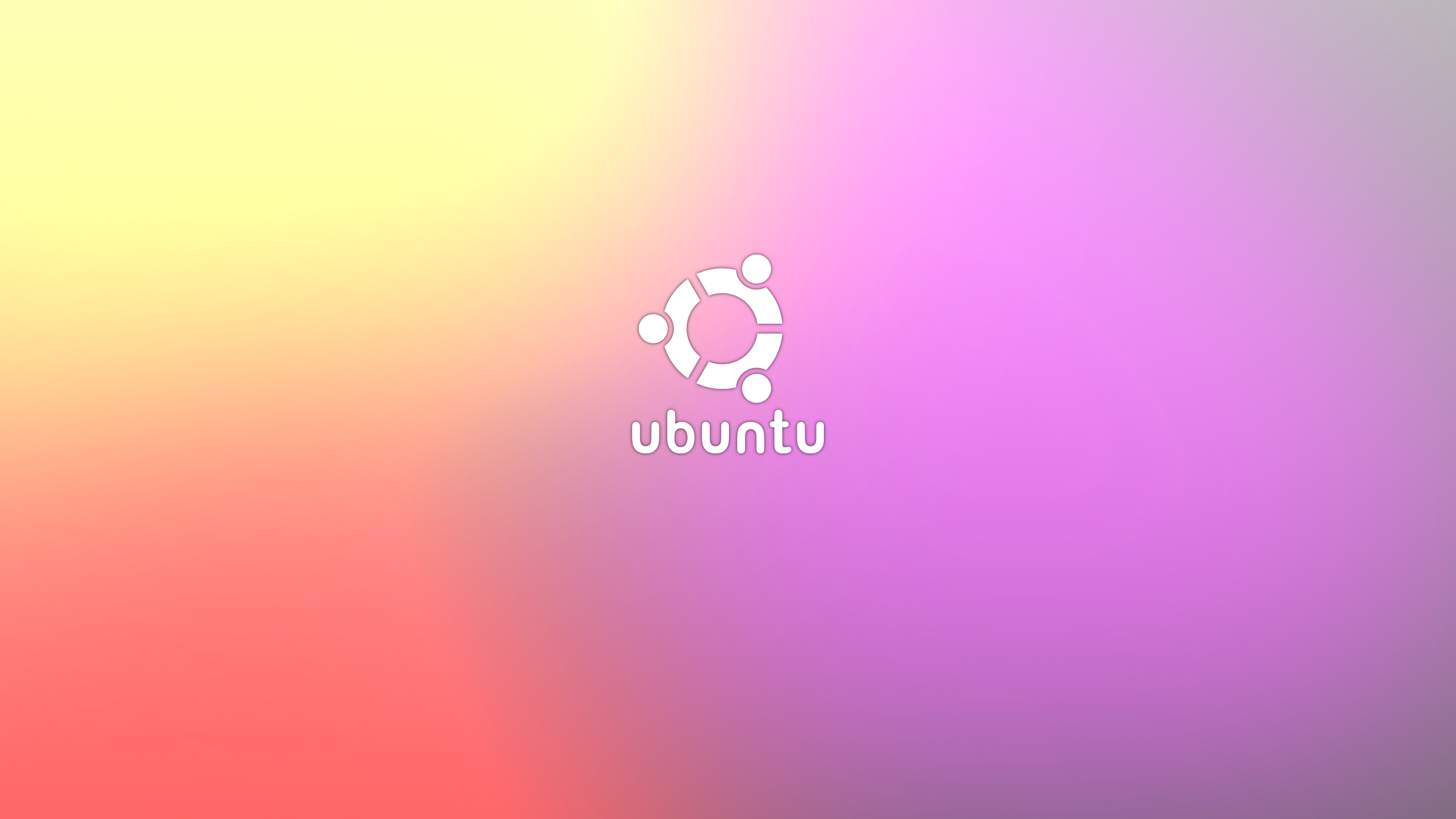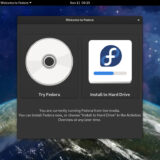Top 10 reasons to use Linux

Linux is an ever-growing platform nowadays. Offices, servers, enterprises, and more recently even desktop end-users have started showing interests in Linux. But exactly why should I use it? Many users still think that Linux is only for Programmers or IT people, truth is it has become so easy to use that everyone can install and use it.
1) It’s secure
You’ve probably already heard some “computer specialist” or similar saying this: Linux is secure. It’s the truth, there is no much space for debate, Linux is more secure than Windows, it has probably always been like that and chances are it will continue to be like that. Through a good permission system and near to no malware existent, you’re quite safer. In the past I’ve seen many *experienced* users using Ubuntu only to surf on their bank websites, fearing too much Linux to perform a complete transition but caring too much to use Windows for the purpose. In Linux you won’t even be needing an anti-virus (you may, but it’s rare).
2) It’s auto-updating
A great feature of Linux is its auto-update capability. Most of the software in Linux comes through packages, which are handled by package managers, and sweetest of all, they’ll update things in a click. Imagine all your software updated at once without having to search, download and install. So sweet you’re going to be in need of a handkerchief. Also installing a new software will be done through the package manager reducing untrusted sources and ultimately giving you a safer experience.
3) Linux is FREE
If you’re going to use Windows you will have to pay for it, Linux comes in your hands for free, and you can do everything with it (though not all Linux distributions are free). Usually when you buy a new computer you will ALSO pay for the Windows OS installed on it. If you buy an assembled computer you will have high chances of seeing Linux installed: that means less bucks for OS, more bucks for hardware components :).
4) It can run on almost everything
If you have a new performing machine you’ll probably want to test the new KDE Plasma 5, but if you have an old ’90 laptop (not even light enough to be carried) you can install Linux on it too! Though you won’t obtain high performance, you will be surprised by how a properly configured Linux can revive your old computer: it can run on 256MB of ram pretty well. Also don’t be afraid of installing Linux on a high-end machine, it will still run better than Windows, try it if you don’t trust me.
5) It’s widely used
Though you won’t be seeing your best friend using Linux any time soon, and you probably don’t know anyone using it right now, Linux is widely used, much more than you think. Many end-users still prefer Windows or Mac, but workstations and servers are Linux friends. Most supercomputers today use Linux, even the Pentagon uses it! Also, most of the sites you go visit everyday are probably running Linux. Being used so widely means there’s a huge community behinds its development and so critical-importance bugs are usually fixed in a very short time, making it even more secure.
6) Linux won’t need additional drivers
This one is not entirely true, but it still scores a point. If you download and install Linux on your machine, in 99.9% of cases you won’t need anything else to make everything work right after the installation. And if something doesn’t work, the first update usually resolves everything. I still remember the driver hell when installing Windows 98, XP or even Vista, with 7 Microsoft has improved things a lot, but Linux still wins, and as aforementioned Linux will run on old computers; are there drivers for Windows 7 for your old PC? :)
7) You won’t need defrag and such nuisances
Yeah, you heard correctly! Many Linux filesystems are designed to reduce fragmentation to its minimum, you won’t need to perform a defrag any more, leave that to Windows users! Also “cleaning junk files?”, it won’t be a problem: package managers will take care of deleting files when removing a program. In Linux you will have a clear distinction between “program” folders and “personal” folders: almost everything that belongs to you (photos, videos, documents) will be in your “home” directory, you won’t need to step out of that directory to perform regular activities.
8) It won’t slow down over time
If you used XP for enough time you surely know what I’m talking about. Most Windows OS tend to slow down over time, mostly because of crap-software installed, uninstalling it won’t solve the problem because it will almost surely leave many traces behind. Also fragmentation contributes to the problem, and in a year or so you will find yourself dealing with the fear-word of the dark days of IT: format. Windows has improved since XP times, and programs like CCleaner and a good knowledge of what to install and what not to help alleviate this problem, but still you won’t need any of this in Linux: a machine can run the same Linux OS for years without slowing down.
9) Freedom of choice
Do you remember that joyful sensation you had on your first PC when you realized you could change the Desktop Wallpaper? In Linux you can customize almost everything (even the wallpaper). Linux has many Desktop Environments to choose from, and each one aims to a different thing, but most of them are customizable to your needs. Also many of them support multiple workspaces (imagine having 4 desktops to switch at any given time). Linux also comes in many flavours known as distributions, feel free to pick the one you like the most!
10) Scales with your experience
If you are an end-user it won’t concern you, but if you are aiming to enter the IT world or you just like computers this might interest you. Linux can be as easy as you want, if you don’t know much about coding or shell-ing it won’t matter, you can still use your OS and feel at home when you boot it. But if you start learning IT stuffs and want to try something Linux will give you a good environment a few clicks away. If you are an experienced user, it might give you a thrill trying something new.
That’s pretty much it
There are still plenty of reason to use or not to use Linux, though these are the most important in my opinion. Stay tuned for the best reasons NOT to use Linux.
- 2020 A year in review for Marksei.com - 30 December 2020
- Red Hat pulls the kill switch on CentOS - 16 December 2020
- OpenZFS 2.0 released: unified ZFS for Linux and BSD - 9 December 2020









Recent Comments